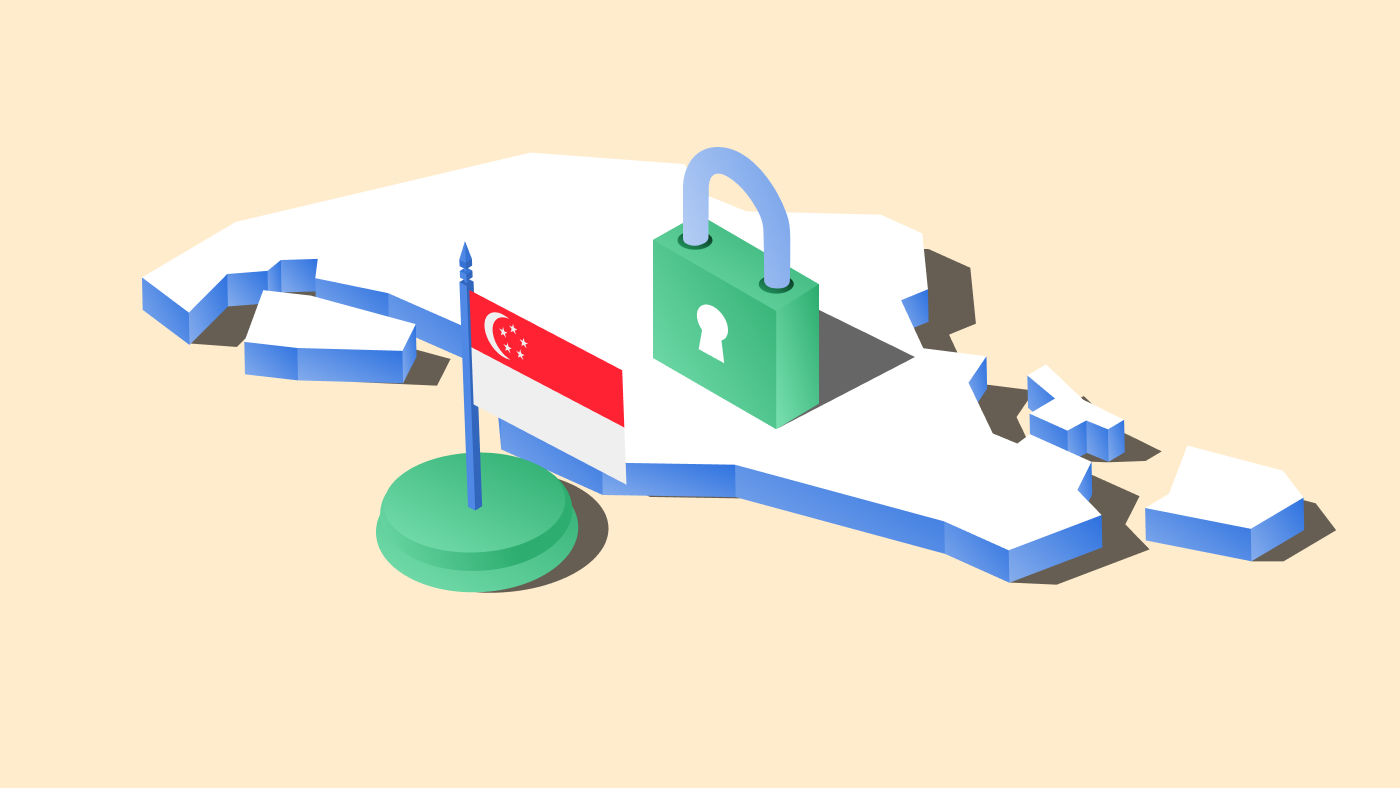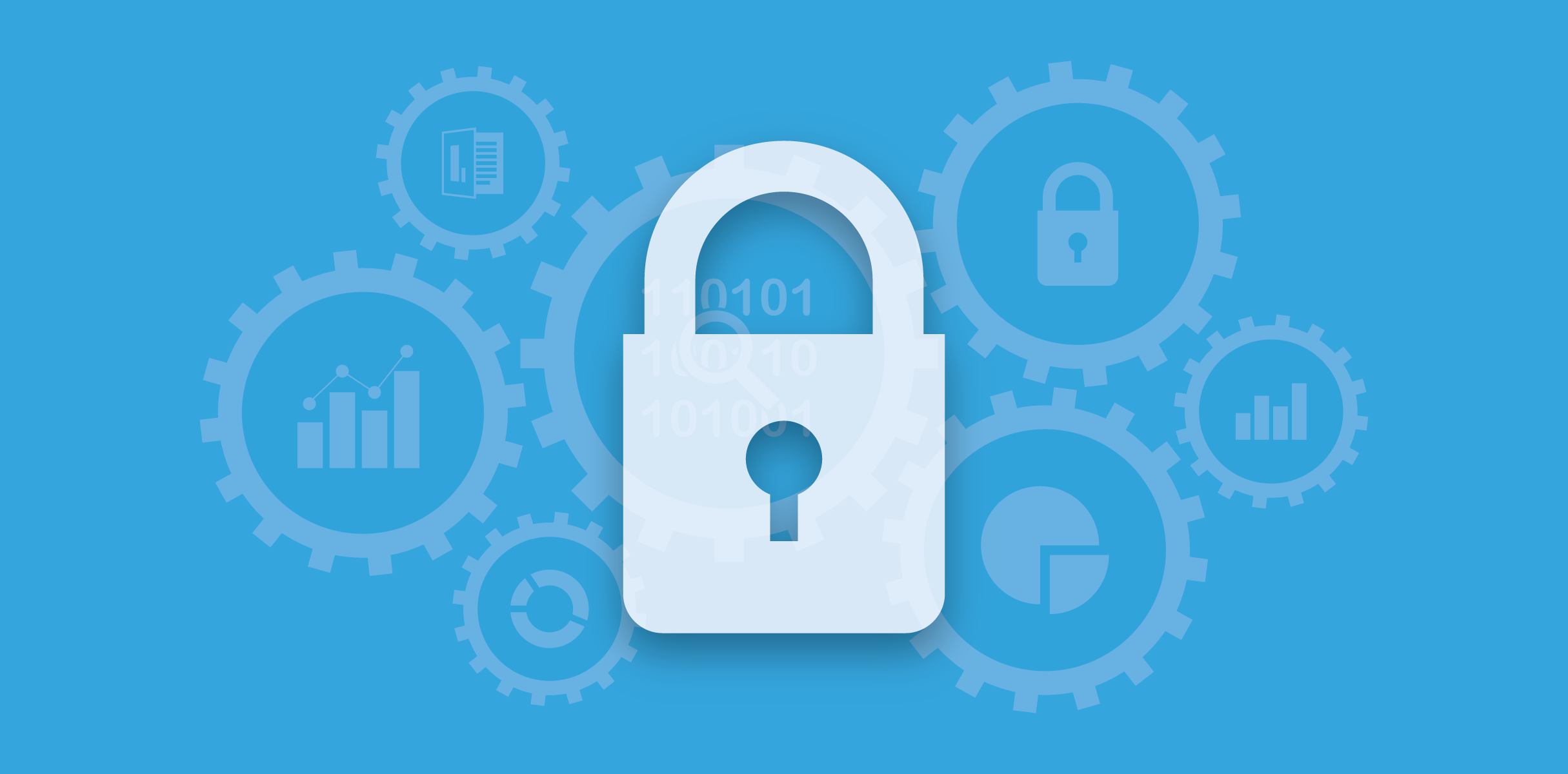
PDPA Compliance in Singapore: What You Need to Know in 2024
April 4, 2024






Singapore's Personal Data Protection Act (PDPA), enacted in 2012, is a cornerstone legislation safeguarding individual privacy in the digital age. It regulates how organizations collect, use, disclose, and dispose of personal data. The PDPA applies to a broad spectrum of entities, including private companies of all sizes, government agencies (with some exceptions), and educational institutions.
The Underlying Principles of the PDPA
The PDPA is grounded in several core principles that guide its application:
The Scope of Personal Data under the PDPA
The PDPA defines "personal data" as any data that can be used to identify an individual, either directly or indirectly. This broad definition encompasses a wide range of information, including:
Exceptions to the PDPA
The PDPA includes some exemptions for specific situations or sectors. However, it's crucial to understand these exemptions carefully to avoid misapplication.
The Rights of Individuals under the PDPA
The PDPA empowers individuals with several key rights regarding their personal data:
The Impact of the PDPA on Businesses
The PDPA significantly impacts how businesses in Singapore handle personal data. Organizations must be aware of their obligations under the Act to ensure compliance and avoid potential penalties. Here are some key considerations:

Compliance with the PDPA is not a one-time exercise. Businesses need to establish a comprehensive data protection framework that integrates seamlessly into their operations. Here are some core requirements for organizations to ensure they are adhering to the PDPA:
Obtaining Consent: As mentioned earlier, obtaining clear and informed consent is a cornerstone of the PDPA. Here's a breakdown of key principles for effective consent:
Notice: The PDPA mandates that businesses inform individuals about their data handling practices through a privacy policy. Here are some key elements of a robust privacy policy:
Data Security: The PDPA emphasizes the importance of implementing appropriate security safeguards to protect personal data. The level of security required will depend on the sensitivity of the data you hold. Here are some general security measures organizations can consider:
Data Retention: The PDPA mandates that organizations only retain personal data for as long as necessary for the stated purpose. Businesses should develop a data retention policy outlining how long they will retain different categories of data and the procedures for secure disposal of data that is no longer required.
Data Breach Notification: In the unfortunate event of a data breach, organizations have specific obligations under the PDPA:

Building a robust data protection framework requires a proactive approach. Here are some practical strategies businesses can implement to ensure PDPA compliance and build trust with their customers:
Regular training sessions are crucial to ensure employees understand their responsibilities regarding data protection and can handle personal data appropriately.
Appoint a Data Protection Officer (DPO): While not mandatory for all organizations, appointing a DPO is recommended, especially for businesses that collect and process large amounts of personal data. The DPO acts as an internal champion for data protection, overseeing compliance with the PDPA and promoting data privacy best practices within the organization.
Conduct Regular Reviews and Updates: The PDPA and data privacy landscape are constantly evolving. Businesses should conduct regular reviews of their data protection practices to ensure they remain compliant with the latest regulations and industry best practices. This may involve updating your privacy policy, data retention schedules, and security measures as needed.
Leverage Technology: Several technology solutions can assist with PDPA compliance. These include data discovery tools to identify and map personal data, consent management platforms to streamline consent collection and withdrawal processes, and data encryption tools to safeguard sensitive information.

Going beyond the realm of legal obligations, robust data protection practices offer a multitude of benefits for businesses in Singapore:
Enhanced Customer Trust: Demonstrating a commitment to data privacy builds trust with customers. In today's digital age, where consumers are increasingly privacy-conscious, strong data protection practices can be a significant differentiator. Customers are more likely to do business with organizations they trust to handle their personal data responsibly.
Reduced Risk of Data Breaches: Implementing appropriate security measures as outlined in the PDPA helps minimize the risk of data breaches. Data breaches can be costly and damaging, leading to financial losses, reputational harm, and regulatory fines. By prioritizing data security, businesses can protect their customer data and mitigate these risks.
Improved Operational Efficiency: Streamlined data management practices as required by the PDPA can lead to improved operational efficiency. Regularly reviewing and organizing data helps businesses identify and eliminate redundancies, making data retrieval and management easier. This can save time and resources in the long run.
Competitive Advantage: In an increasingly competitive marketplace, a commitment to data protection can be a significant advantage. As consumers become more aware of their privacy rights and the potential risks associated with data sharing, businesses that prioritize data privacy can position themselves as trustworthy and reliable partners.
Stronger Business Relationships: The PDPA also encourages transparent communication between businesses and their partners or vendors who may have access to personal data. By establishing clear data sharing agreements and ensuring compliance with the PDPA, businesses can foster stronger and more collaborative relationships with their partners.
The PDPA plays a vital role in safeguarding individual privacy in Singapore's digital landscape. By understanding its requirements and implementing robust data protection practices, businesses can ensure compliance, build trust with customers, and gain a competitive edge.
Here are some final takeaways:
By prioritizing data privacy and adhering to the PDPA's requirements, businesses in Singapore can operate with confidence, knowing they are protecting their customers' personal data and building trust in the digital marketplace.